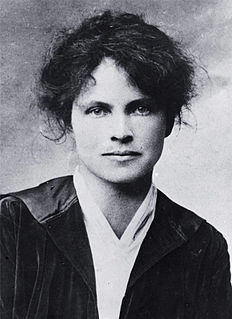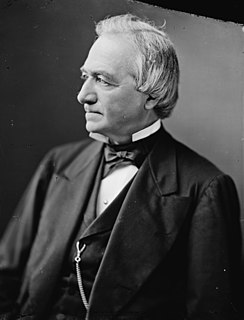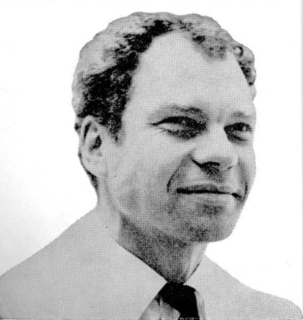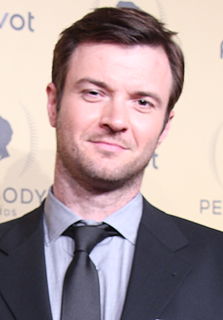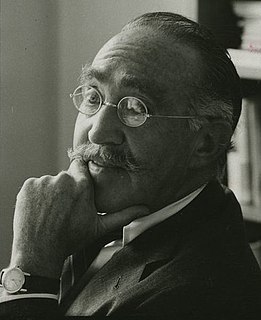A Quote by Dorothy Canfield Fisher
The actions of a human being, even of fifteen months of age, may not be without significance to a sympathetic eye.
Quote Topics
Related Quotes
Up to the age of five, children should be given a lot of love. From the age of five to fifteen they should be brought up under strict discipline especially regarding their study. It is at that time that life's foundation is formed. Love without discipline will only spoil them. Above the age of fifteen children should be given maximum love otherwise they may go astray.
You must be respectful and assenting, but without being servile and abject. You must be frank, but without indiscretion, and close, without being costive. You must keep up dignity of character, without the least pride of birth, or rank. You must be gay, within all the bounds of decency and respect; and grave, without the affectation of wisdom, which does not become the age of twenty. You must be essentially secret, without being dark and mysterious. You must be firm, and even bold, but with great seeming modesty.
It may be a procession of faithful failures that enriches the soil of godly success. Faithful actions are not religious acts. They are not even necessary actions undertaken by people of faith. Faithful actions, whether they are marked by success or they end in failure, are actions that are compelled by goodness.
In the United States, it is now possible for a person eighteen years of age, female as well as male, to graduate from high school, college, or university without ever having cared for, or even held, a baby; without ever having looked after someone who was old, ill, or lonely; or without ever having comforted or assisted another human being who really needed help... No society can long sustain itself unless its members have learned the sensitivities, motivations, and skills involved in assisting and caring for other human beings.
In a revolutionary age talk of equality may well have represented a passion to provide full human dignity to those who had previously been denied it by systems of political and economic domination; but in the present age it softens the spiritual requirements that are an essential ingredient in human dignity. Thus the slogans of equality serve not so much to elevate individuals to the dignity of being human as to free them from the responsibility of rising to this vocation.
Whenever a new finding is reported to the world people say - It is probably not true. Later on, when the reliability of a new finding has been fully confirmed, people say - OK, it may be true but it has no real significance. At last, when even the significance of the finding is obvious to everybody, people say - Well, it might have some significance, but the idea is not new.
